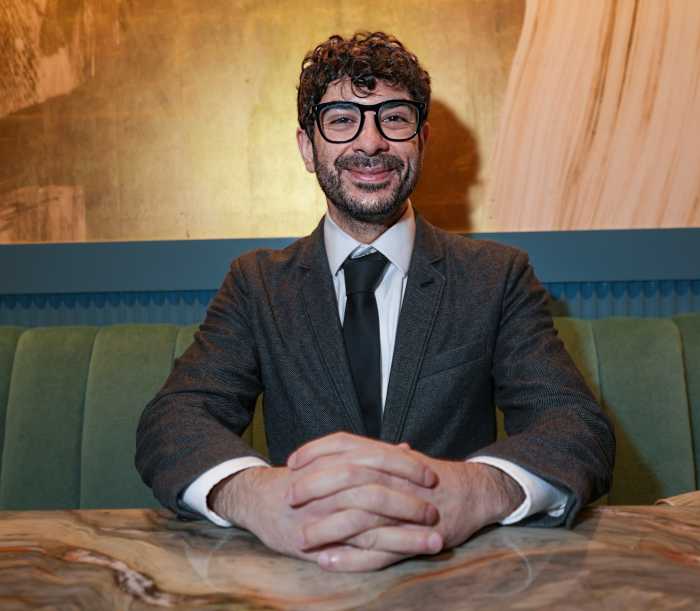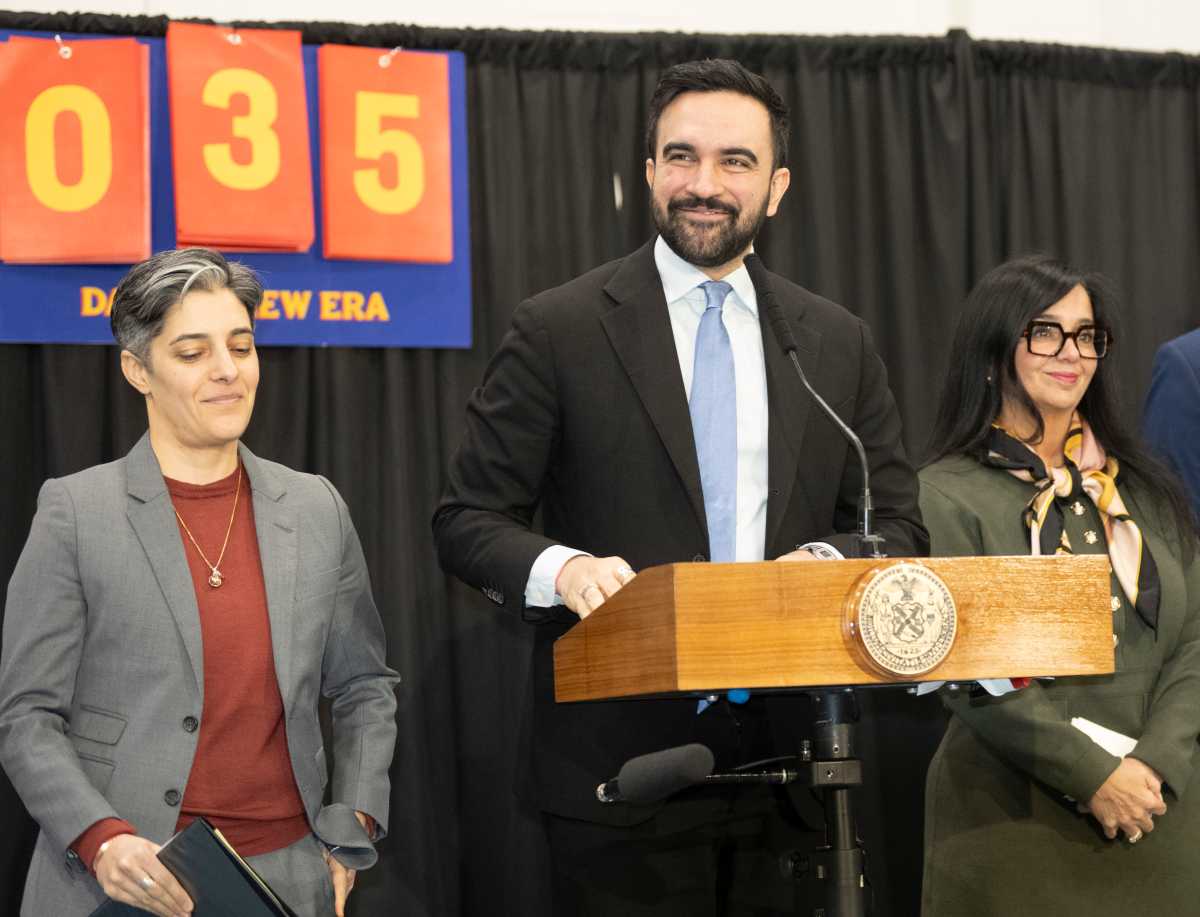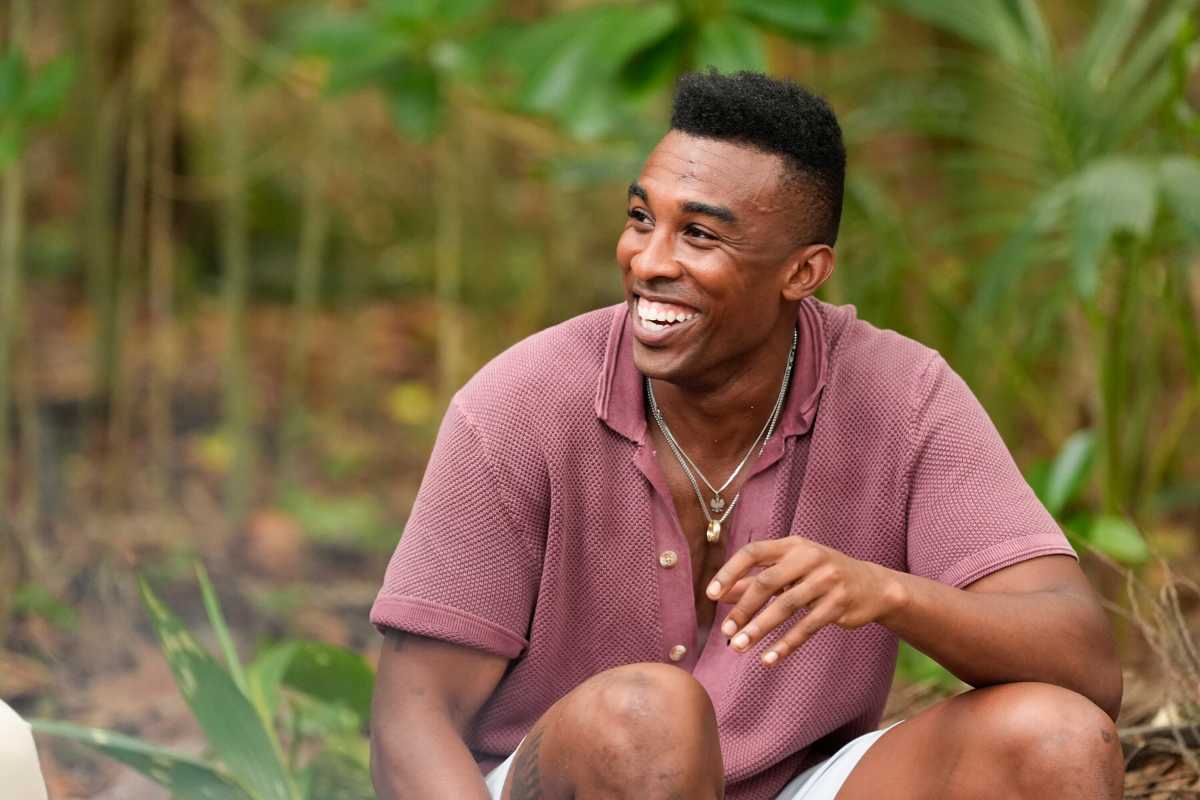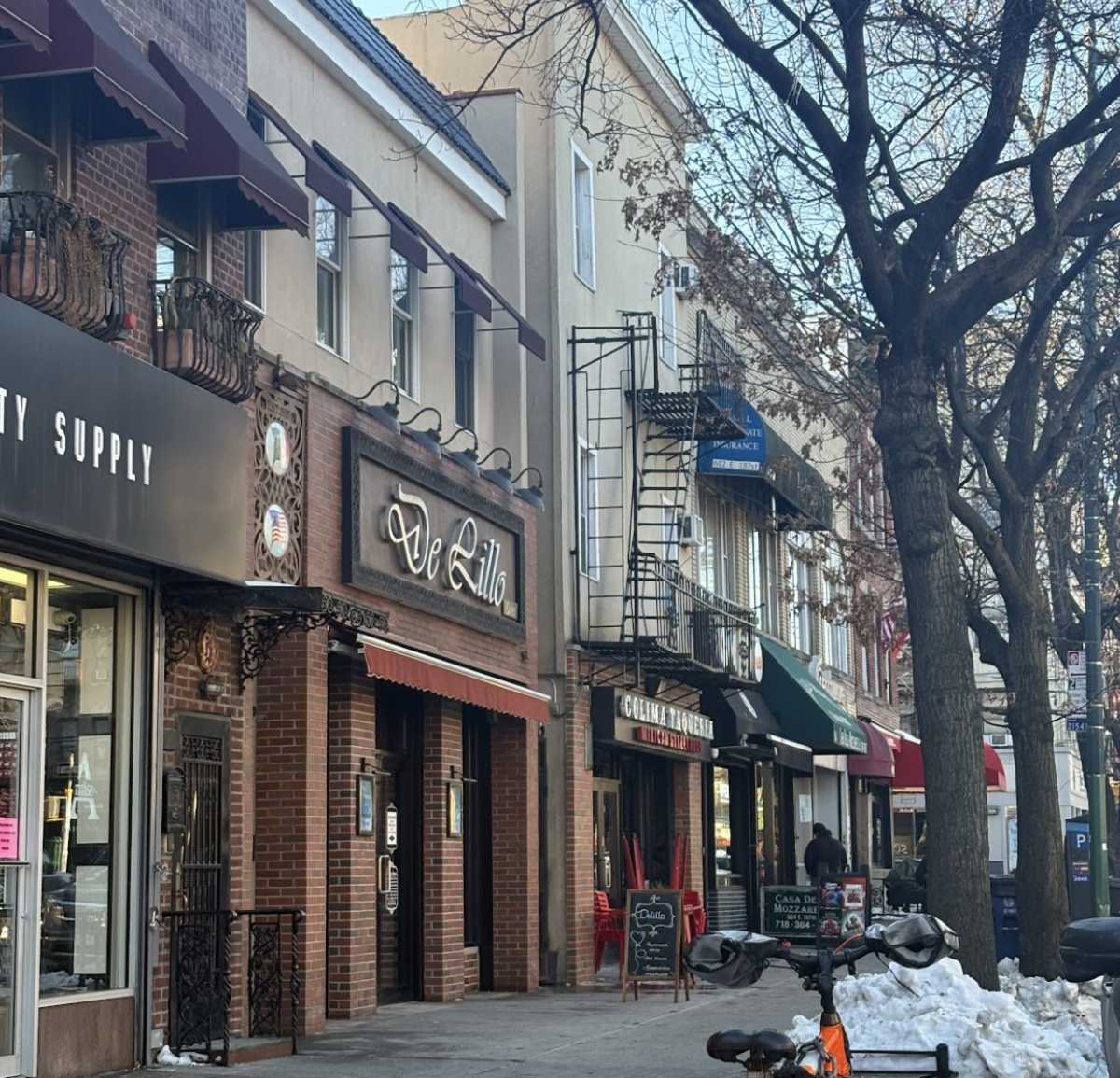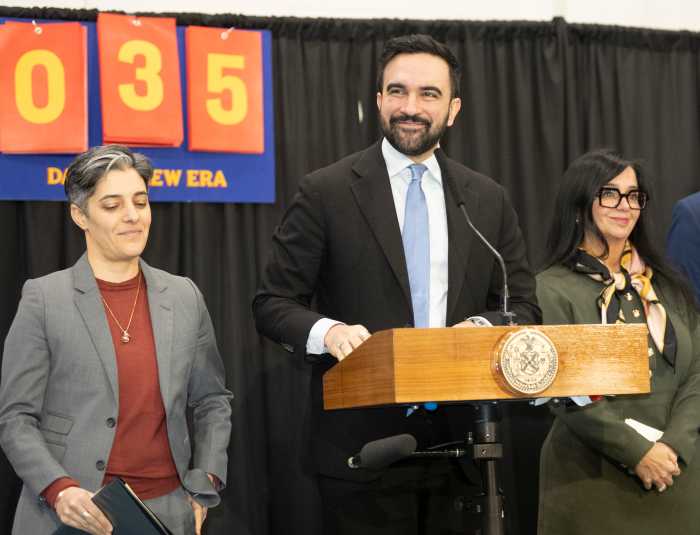I’ve never been a great sleeper, so when we decided to do a post on how to get more deep sleep, I figured I’m as good a candidate as anybody.
I’m not alone. According to Penn Medicine, more than 60 million Americans have problems with sleep. That’s a lot of cranky.
That’s why I consulted some sleep experts on how to get the best deep sleep — the sleep that occurs when you’re not dreaming, a.k.a. non-REM sleep (The sleep cycle is 1. light sleep (5%) 2. deeper sleep (45%) 3. Deepest sleep (24%) 4. REM (25%).
Jeff Kahn is the CEO and co-founder of Rise Science (makers of the sleep and energy tracker app RISE). The first thing he told me was that all sleep stages of sleep support your health and wellbeing, and there’s not a lot you can do to control how long you stay in each stage every night.
He also told me sleep trackers that claim to track sleep stages are pretty inaccurate. “You shouldn’t rely on them to know how much REM or deep sleep you’re getting or worry if your tracker says you’re not getting enough,” he said. “Because of this, it will also be difficult to know if any changes you make to support potentially getting more deep sleep are actually leading to you getting more of it.”
Good caveat!
Read more below for more tips and science about getting deeper sleep.
The key to understanding REM and deep sleep
Jeff Kahn, CEO and co-founder of Rise Science, said that getting enough sleep overall is the key to getting more deep sleep — the most restful sleep in the sleep cycle. People think REM is the most restful sleep, but it’s not. “Meeting your full nightly sleep need allows you to spend enough time in deep sleep in the first half of the night and enough time in REM sleep in the second,” he said.
While we get some deep sleep as part of each cycle, Kahn said we get much more of it in the second half of the night, as the time we spend in deep sleep increases with each cycle. So, if you don’t sleep for long enough, your body won’t get to spend as much time as it would like to in deep sleep. This I understand!
Apparently, our brains are very good at allotting the right amount of time in each sleep stage — “but only if you set it up for healthy, continuous, regularly-timed sleep,” said Kahn.
That means we need the right sleep hygiene behaviors.
Is night exercise a sleep disruptor?
If you tell me that not going to the gym is a “sleep misbehavior,” then I’m one bad cookie. I don’t have time during the day.
I asked Jeff Kahn if exercising at night before bed is OK. “Exercise, generally at any time you can, is great for healthy sleep,” he said. “Late exercise has been vilified when it comes to sleep, but the only kind of exercise you should avoid is anything of the highest intensity, performed in maximally bright light, right before bed.”
After a hard workout, you’ll have more energy, both physically and mentally, as it raises vital signs such as your pulse and temperature, and kicks up hormones such as adrenaline and endorphins — not great as you prepare for bed.
But light and low-intensity exercise is fair game — slower, relaxing exercise like restorative or slow flow yoga or stretching and meditation are good wind-down routines before bed. They help to reset the body and get it ready for sleep and relaxation. Foam rolling may be good to work out tight muscles and help you relax.
“Anything that relaxes you,” said Kahn. “Reading, meditating, or taking a warm bath can signal to your body that it’s time to wind down.”
What foods should we avoid so we can sleep better?
I asked Dr. Monique May, medical advisor at Aeroflow Sleep and board-certified licensed family physician with over twenty years of clinical experience, about what foods we should avoid in order to get better sleep.
“Foods can disrupt sleep due to their effect either on the brain (stimulation) or the body (for example, heartburn). Foods (and beverages) that cause the former include caffeine (tea, coffee, soda), alcohol, and chocolate,” she said. “Some people find that sugary snacks are stimulating for them as well.”
Foods that can cause acid reflux: spicy or greasy foods, peppermint, alcohol, caffeine, soda, and acidic foods (tomatoes, onions, garlic, and citrus).
Salty foods can cause fluid retention, which in turn can lead to increased urination at night, disrupting sleep from the frequent trips to the bathroom.
Large meals of any kind right before bed may harm sleep due to stomach discomfort or bloating, and should be eaten at least three hours before bed, if at all.
What’s the worst food or drink for sleeping?
Alcohol. Simple as that, at least according to Dr. Michael Gradisar, PhD and head of sleep science at Sleep Cycle. “When we’ve analyzed data altogether from several different sources, to our surprise, one of the worst things for your sleep is alcohol.
The effect on sleep was much bigger than the effects from using technology close to bedtime.”
Dr. Gradisar said that new research is showing that there are actually some deep sleep benefits after the first few nights of drinking alcohol. “There’s evidence if alcohol consumption continues for the week, then virtually all aspects of sleep start to suffer,” he said. “Even deep sleep. But REM sleep is certainly sensitive to the effects of alcohol consumption.”
The sleep scientists at Sleep Cycle ran a study evaluating over 1,000 people who reduced their alcohol consumption over a 30-day period, and what they found was surprising.
“The decline in insomnia symptoms was equivalent to the online form of cognitive-behavior therapy for insomnia — the gold standard treatment for insomnia,” said Dr. Gradisar. “It goes to show how much of an influence alcohol has on our sleep.”
Do we really need to turn off the laptop/phone in bed?
There’s a variety of opinion about this, so choose wisely:
It depends: Said Jeff Kahn: “It depends. Here, it’s less about the dangers of blue light before bed (an earlier vilification of screens) and much more about what you’re doing on that laptop. If you’re watching your favorite cooking show that calms you and makes you feel good before bed — and the lights are low, and you’ve gotten a lot of bright natural light in the morning and throughout the day — your laptop can be part of a relaxing bedtime routine.”
If you’re answering stressful work emails, watching a cliff-hanging thriller, playing a multi-person video game, multi-tasking with yet another smaller screen, the list goes on, these are all activities that will rev you up (pre-sleep cognitive arousal) that will have the opposite effect of winding down for restorative sleep, pushing your bedtime back, and cutting into your deep sleep.
Yes: Said Dr. Monique May, medical advisor at Aeroflow Sleep and board-certified licensed family physician with over twenty years of clinical experience.”The blue light from screens (phones, laptops, and tablets) disrupts sleep because it makes your brain think it is still daytime. In response, the brain stops making the hormone melatonin, a natural sleep aid made by the body. It is recommended not only to keep digital devices out of the bed, but to also stop using them at least one hour before your bedtime.”
No and yes: Said Dr. Dr. Michael Gradisar, PhD and head of sleep science at Sleep Cycle: “I’d certainly encourage a passive activity on a laptop, like watching a streaming service, because not only can it be relaxing and enjoyable, but there’s also scientific evidence to show that even watching a cliffhanger episode won’t be detrimental to your sleep. But I don’t see the point of working on emails in bed.”
Are some sleep aids better than others?
I spoke to Dr. Monique May, medical advisor at Aeroflow Sleep and board-certified licensed family physician with over twenty years of clinical experience, and she told me that proper sleep hygiene includes not only keeping a set sleep and wake schedule (even on the weekends), but also creating the ideal environment for a good night’s sleep.
- Keeping the room somewhat cool
- Blocking out light
- Eliminating noise
“Using black-out shades to keep out bright light are probably better than blinds that may have gaps or holes in them that allow sunlight to enter the room,” she said.
“Noise-cancelling devices like white noise machines (or simply tuning a radio between stations and letting the static play) promote sounder sleep by blocking or covering up outside noises, and may help with chronic ear-ringing, a medical condition called tinnitus.”
There are also apps available that play white noise and other “noise colors” such as green, which sounds like the ocean.
“Ear plugs and cushioned sleep masks with padding around the eyes block out even more noise and light, respectively.”
Why is watching horror movies before bed a bad idea?
I asked Sarah Bossio, the owner and certified pediatric sleep expert of New Jersey-based Your Zen Baby Sleep, who told me that any type of blue light from screens up to an hour before bedtime can affect our body’s circadian rhythms, making it more difficult to fall asleep and stay asleep.
“Then you add the excitement of watching horror movies,” she said. “The plot lines likely increase your stress levels, cortisol and adrenaline. These two hormones are the exact opposite of the hormones we want to be producing before sleeping (melatonin and adenosine). When the brain perceives excess cortisol and adrenaline levels, its survival system kicks on and will reduce sleepy hormones.”
Of course, horror movies can be a catalyst for nightmares. “I strongly recommend not allowing children to watch scary films before bedtime and also encourage adults to tread cautiously when selecting your next Netflix binge.”
Two most important activities for healthy sleep
“Daytime activities, including some form of physical activity and getting doses of natural light — those are the two most important things,” said Dr. Dr. Michael Gradisar, PhD and head of sleep science at Sleep Cycle. “Even if the weather ain’t great, being undercover outside is healthier than staying inside all day.”
Prefer to avoid the hassle of in-store experiences? Want to master the art of online shopping? Check out amNY Shops for our sales picks and exclusive discounts on our favorite products.





